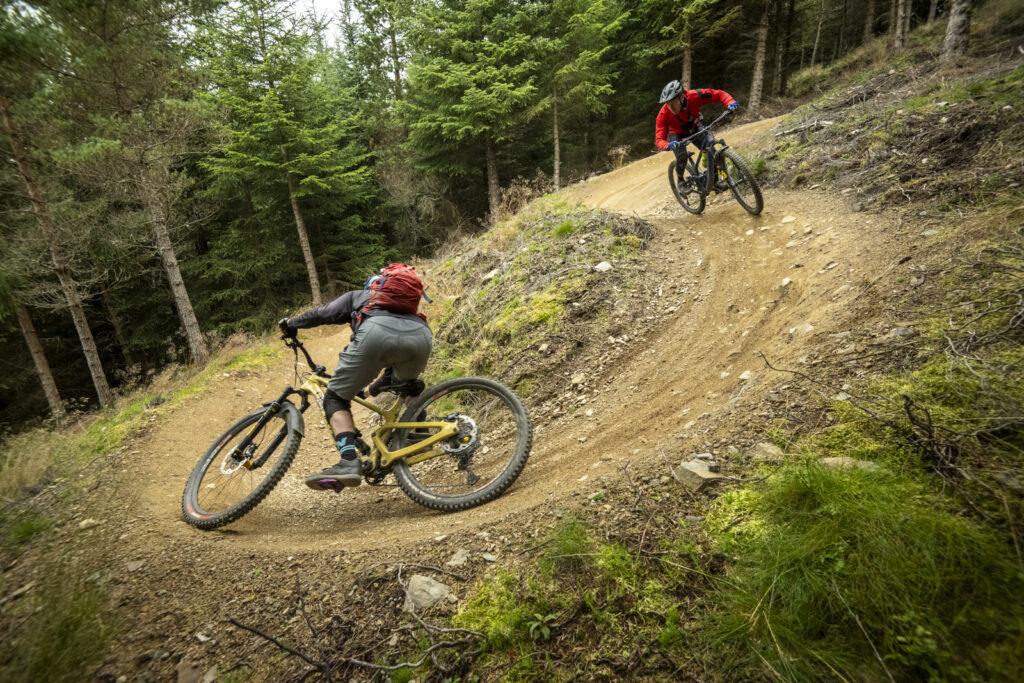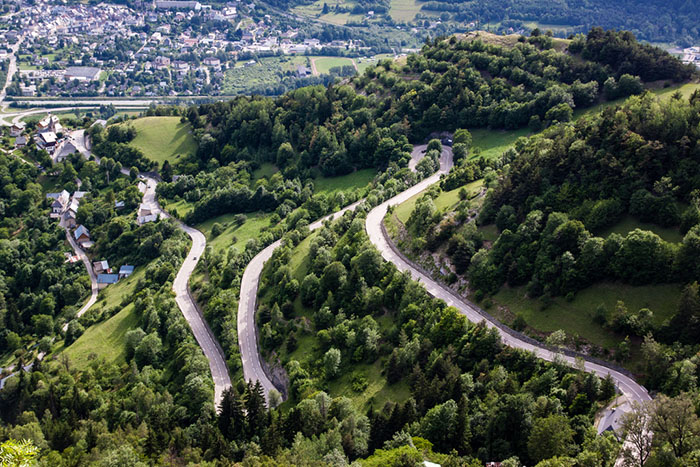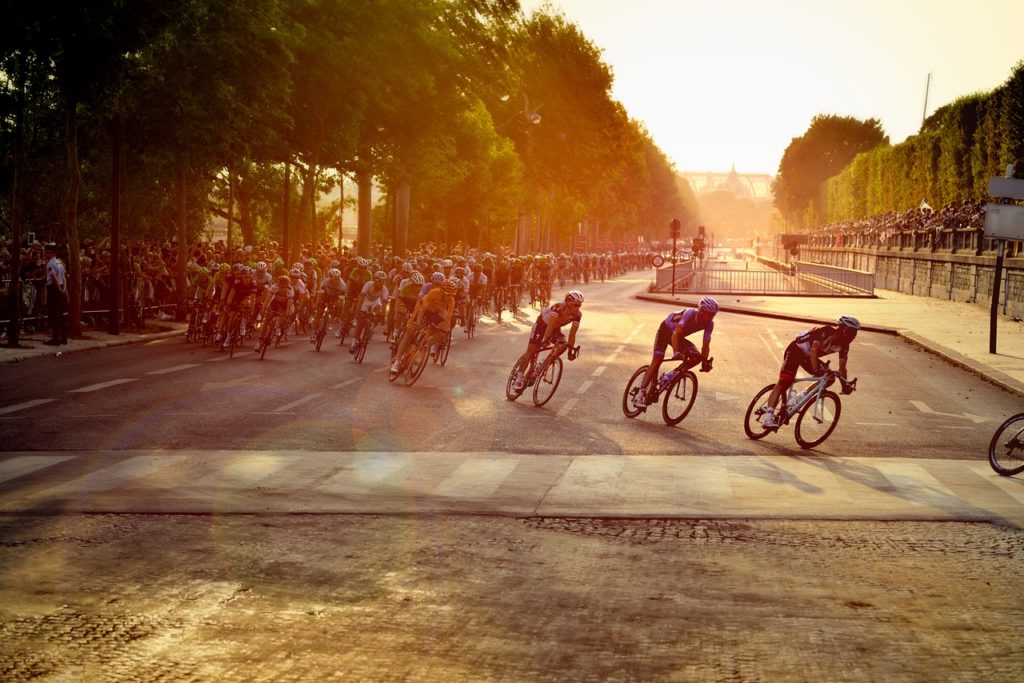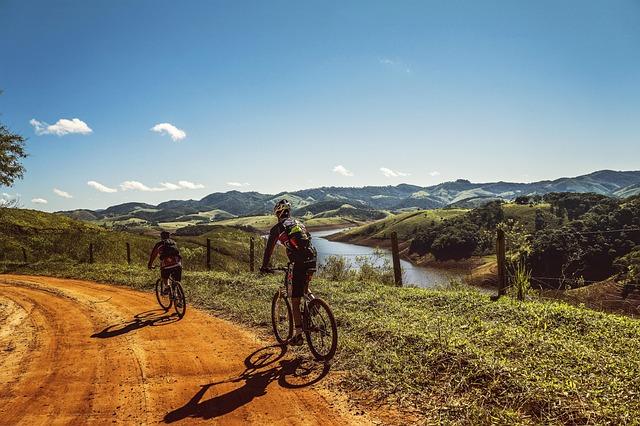A frequent contributor to the Pedal Cover blog, author and filmmaker Markus Stitz spent time exploring Gaspé, a vibrant town at the tip of Quebec’s Gaspé Peninsula. With a population of around 15,000, Gaspé is known as ‘The Cradle of French America’ and offers a rich blend of history, culture, and outdoor adventure.
The wider Gaspésie region is steeped in Mi’gmaq heritage, with the Mi’gmaq people—‘people of the sea’—having lived here for over 10,000 years. Their deep connection to the land and sea is still evident, making this area a unique destination for cyclists seeking both natural beauty and cultural depth.
Inspired by Quebec’s landscapes and people, Markus shares why this region should be on every gravel cyclist’s travel list.
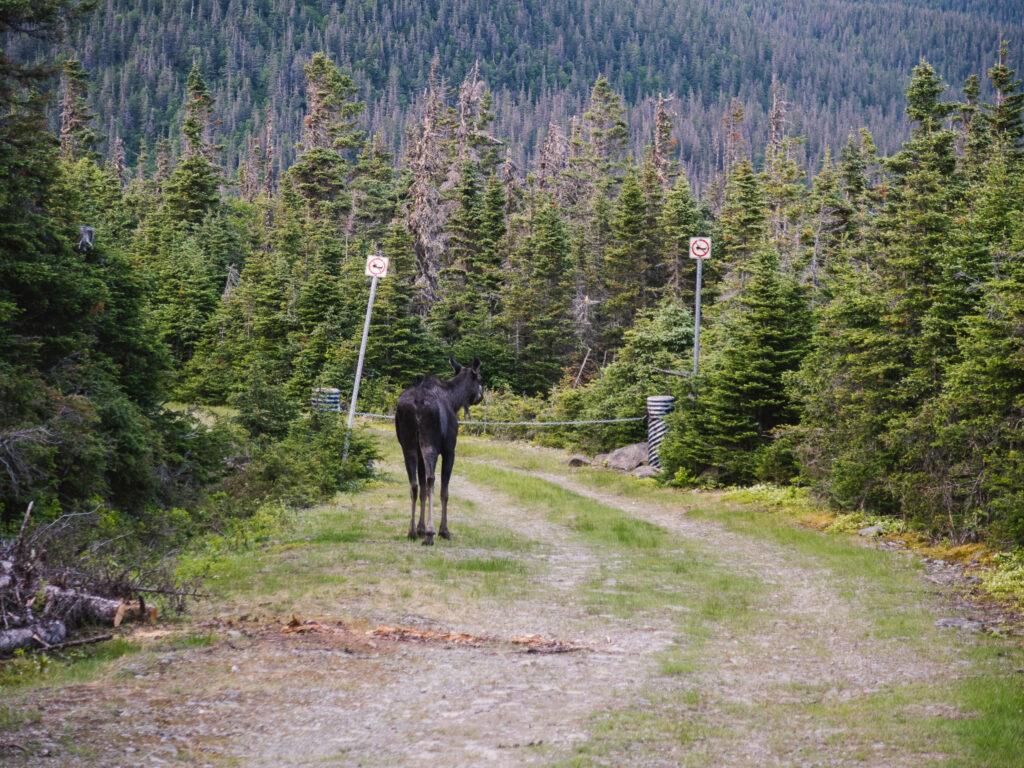
Endless Miles of Superb Gravel Riding
Quebec is a dream for gravel cyclists. Over four weeks, Markus found no shortage of routes, from state highways made of gravel with minimal traffic to remote, challenging climbs and descents. Imagine riding a four-lane gravel road with barely another soul in sight.
Navigation is straightforward, with well-signposted routes. The further inland you go, the more remote and wild the riding becomes. While numbered roads are generally reliable, some smaller paths can be overgrown and tough to ride—local advice is invaluable for planning safe and enjoyable routes.
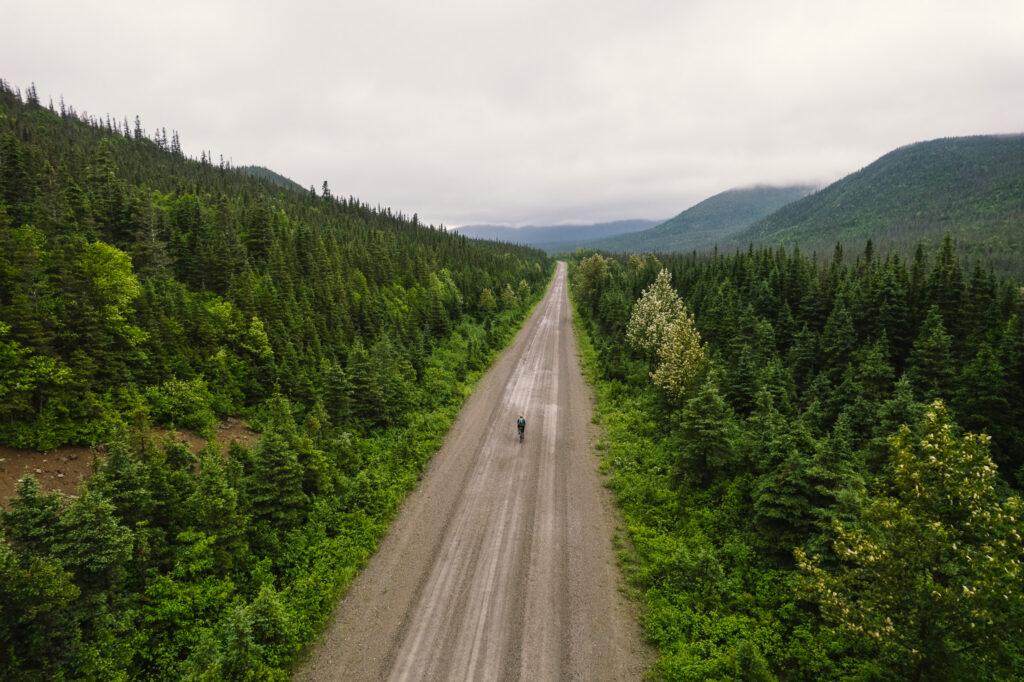
Stunning National Parks
Quebec’s national parks—both federal and provincial—offer breathtaking scenery and well-maintained infrastructure. Entry fees apply, and cycling is permitted only on designated routes, so check ahead before setting out.
Interpretation boards throughout the parks provide insights into geology, history, and the impact of climate change. Notable parks include Forillon National Park, Gaspésie National Park, and Miguasha National Park. While Markus was close to Île-Bonaventure-et-du-Rocher-Percé National Park, he didn’t have time for a full visit.
For bikepackers, campsites and mountain huts (refuges) offer affordable overnight options. Huts, which cost around £25 per night and must be booked in advance, provide shelter from mosquitos and wildlife, including black bears.
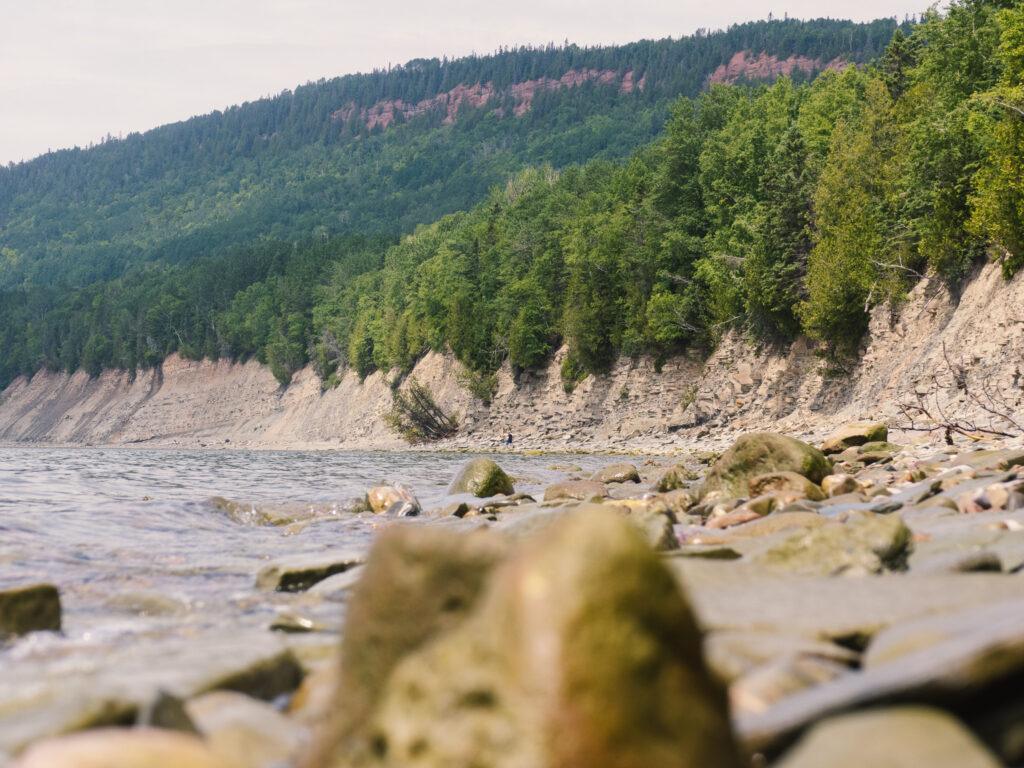
Warm and Welcoming People
Traveling by bike often leads to memorable encounters, and Quebec is no exception. The Québécois are exceptionally friendly and eager to help, making solo adventures feel safe and enriching.
French is the main language, but even a simple “Bonjour” goes a long way. Markus found that curiosity and kindness are universal, and conversations with locals added depth to his journey.
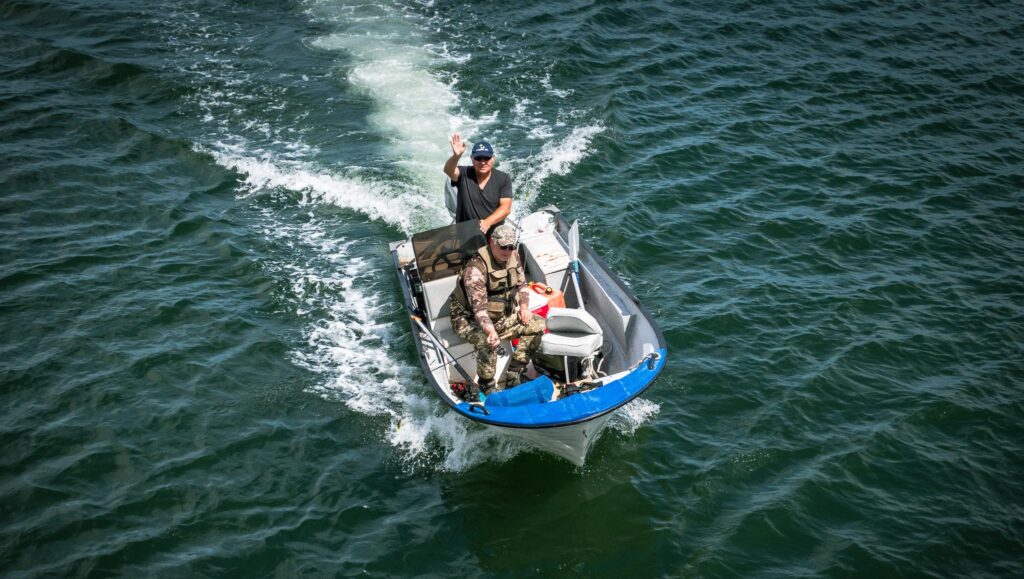
Exceptional Food and Drink
Quebec’s culinary scene is a highlight for any traveler. Seafood lovers will find fresh catches along the coast, while vegetarians and vegans can enjoy local delicacies like fiddleheads—the curled shoots of the ostrich fern, harvested early in the season.
Maple syrup is a staple, adding flavor to breakfasts and snacks. And no visit is complete without trying poutine, a beloved Québécois dish of fries, cheese curds, and gravy.
For drinks, tomato juice is a surprising favorite among locals, especially after a long ride. The region also boasts a vibrant craft beer scene, with microbreweries offering everything from sours to IPAs, and many pubs serving their creations on tap. Non-alcoholic options are widely available too.
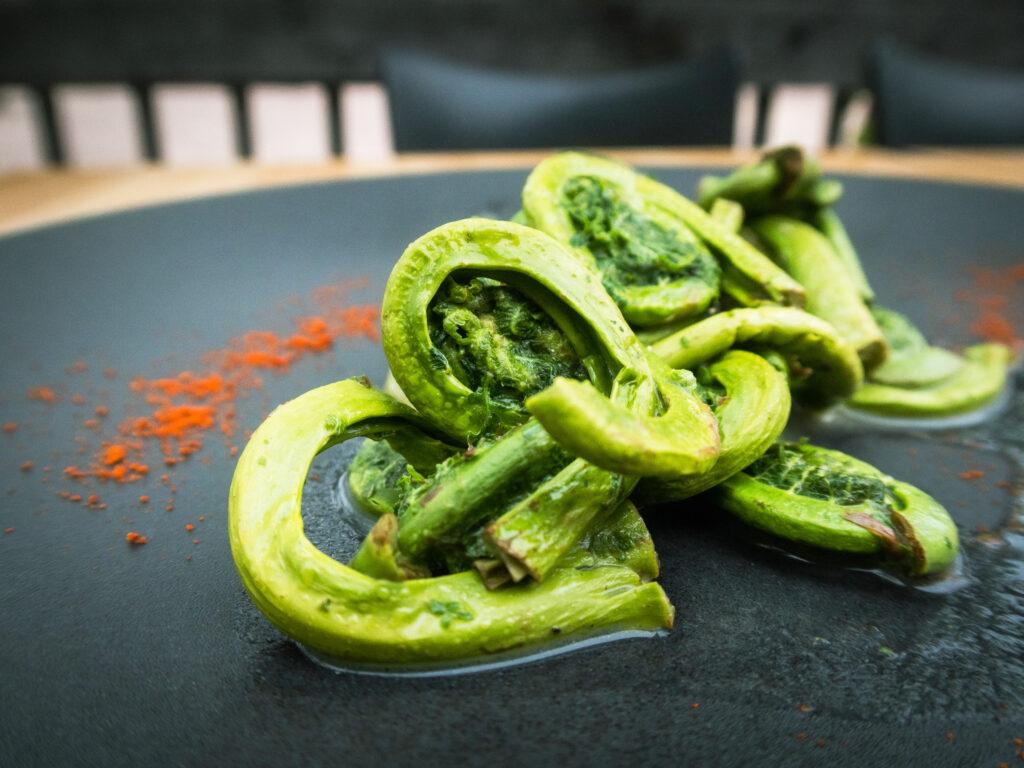
Affordable Travel for Cyclists
Markus traveled with his own Argon18 Dark Matter gravel bike, designed in Montreal. Air Canada offers a flat fee for bike transport, and buses are an even more budget-friendly option. Accommodation ranges from campsites (£8–£25 per night) to comfortable B&Bs (around £100 with dinner and drinks). Food is generally cheaper than in the UK, though alcohol can be pricier.
Look for the “Bienvenue cyclistes!” sign, a certification from Vélo Québec that identifies bike-friendly accommodations. These providers offer secure bike storage and, for campsites, guaranteed spots for cyclists traveling without reservations.
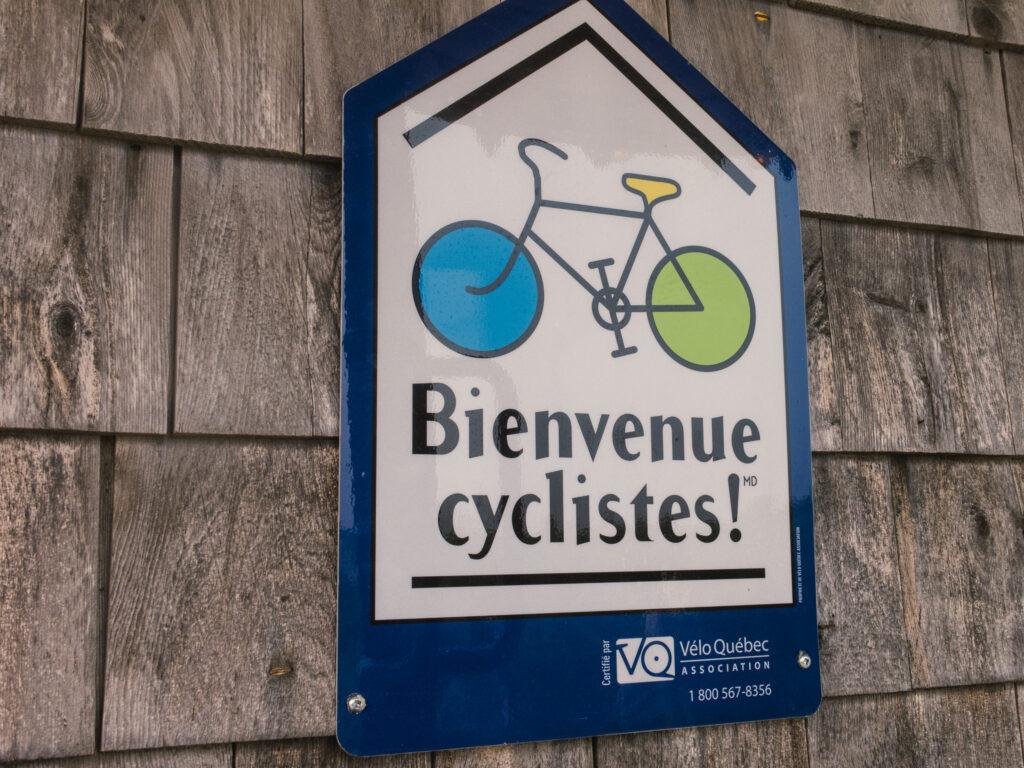
For route inspiration, check out Markus’ Komoot profile and the Vélo Québec website for more information on cycling in Quebec.
Planning to explore Quebec or ride abroad?
Cycle travel insurance covers you for medical emergencies, trip cancellations, and travel disruption when riding overseas.
Bicycle insurance and home insurance for cyclists protect your bike against theft and accidental damage, whether at home or on the road.
Always check your policy details to understand what’s included and excluded.
Related Reading
FAQs: Gravel Cycling in Quebec
Is Quebec suitable for beginner gravel cyclists?
Yes, Quebec offers a range of routes, from well-signposted roads suitable for beginners to more remote and challenging paths for experienced riders.
Do I need to speak French to travel in Quebec?
While French is the main language, most travelers get by with basic phrases. Locals are friendly and willing to help.
What’s the best time of year for gravel cycling in Quebec?
Late spring to early autumn (May–September) offers the best weather and trail conditions for gravel cycling.
Are there bike-friendly accommodations in Quebec?
Yes, look for the “Bienvenue cyclistes!” sign, which indicates certified bike-friendly lodging and campsites.
What insurance do I need for cycling in Quebec?
Consider cycle travel insurance for medical and travel emergencies, and bicycle insurance for theft or damage to your bike.

